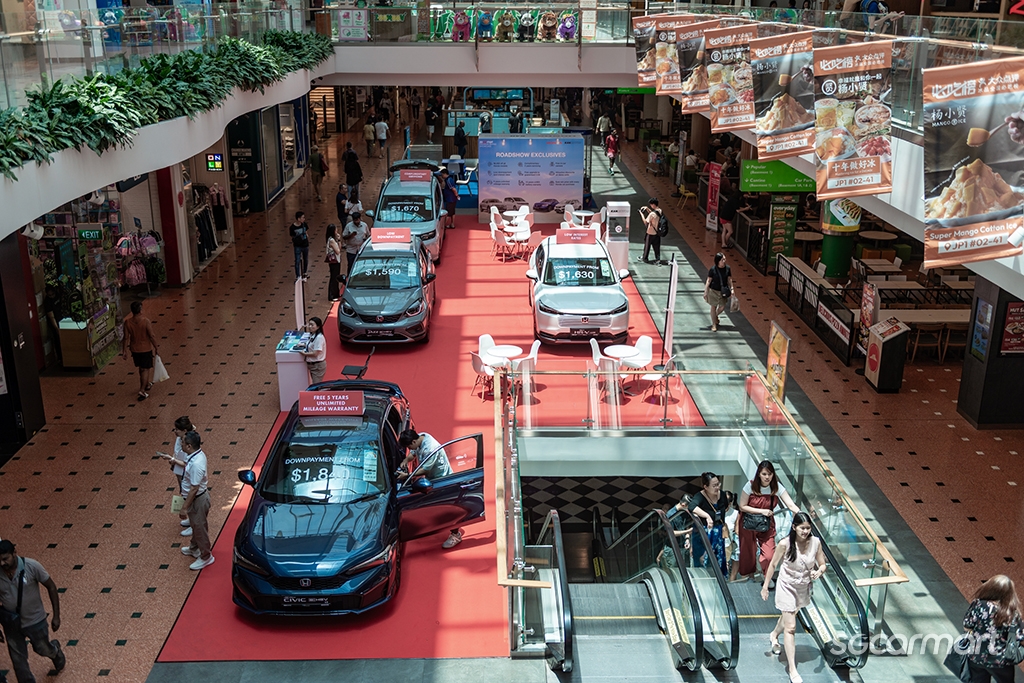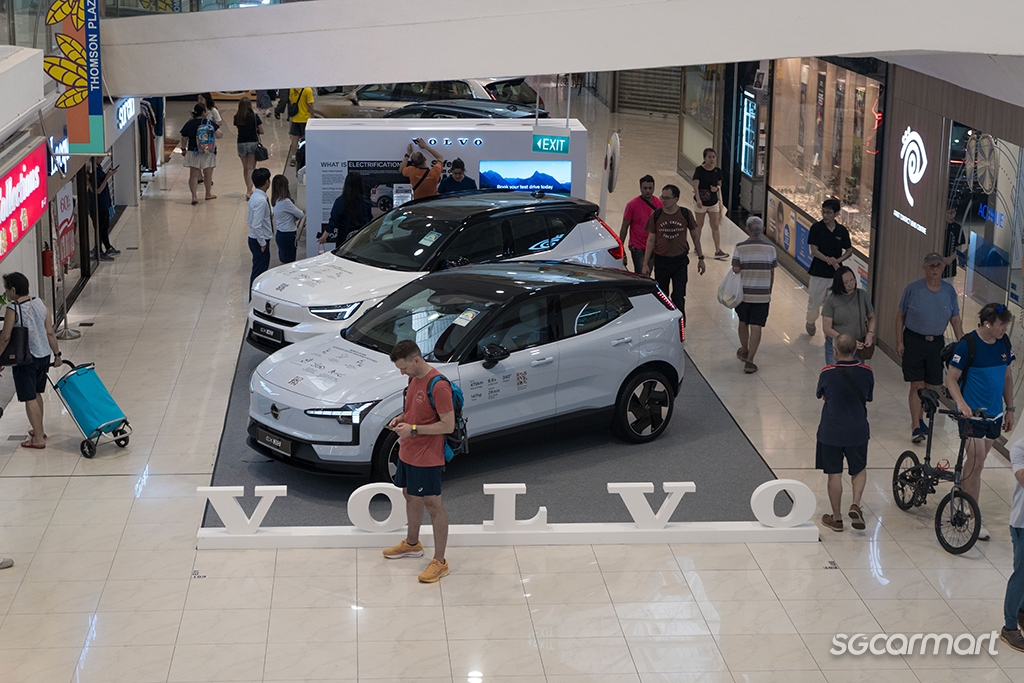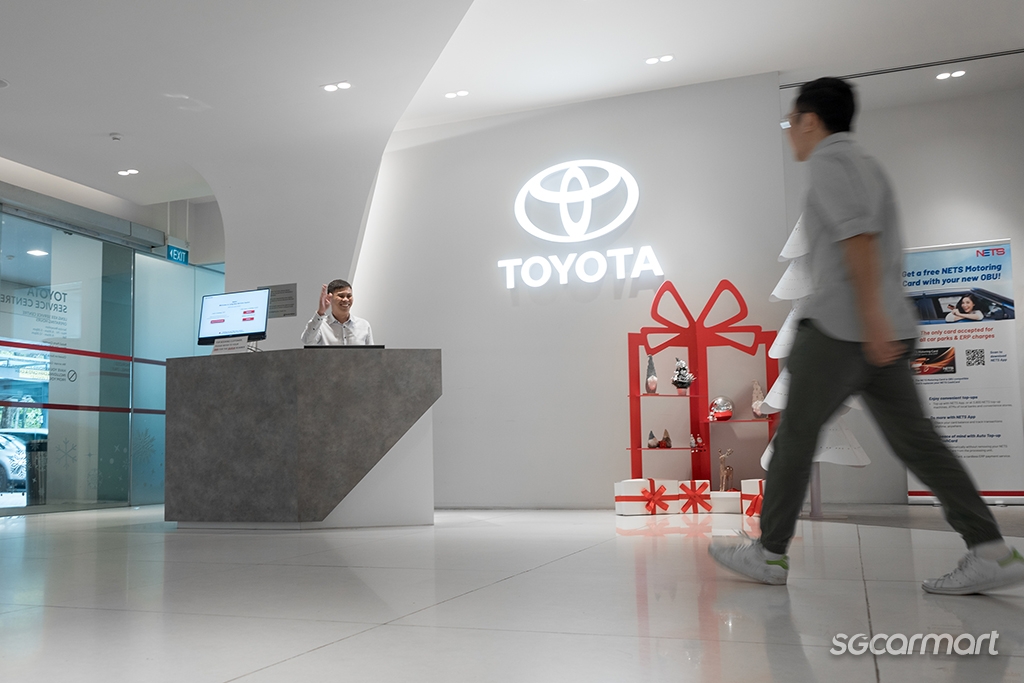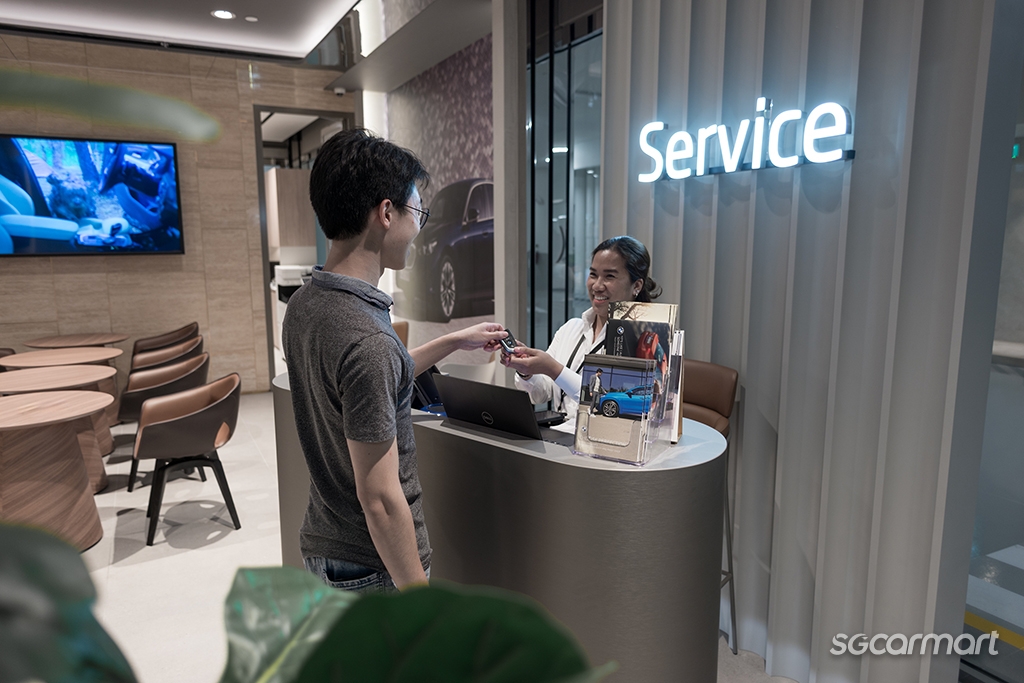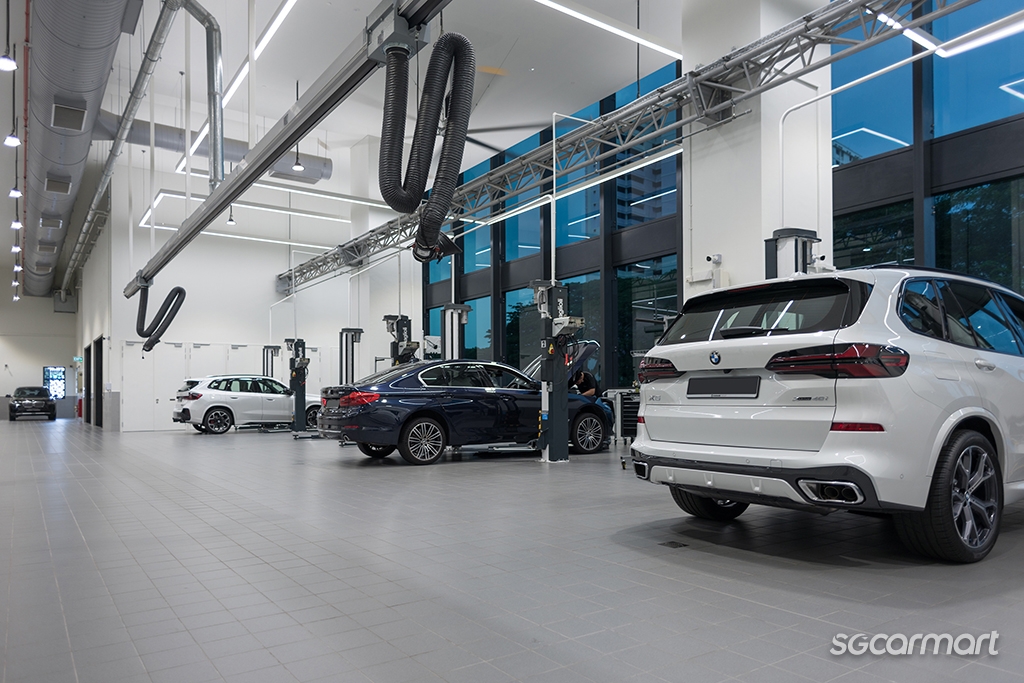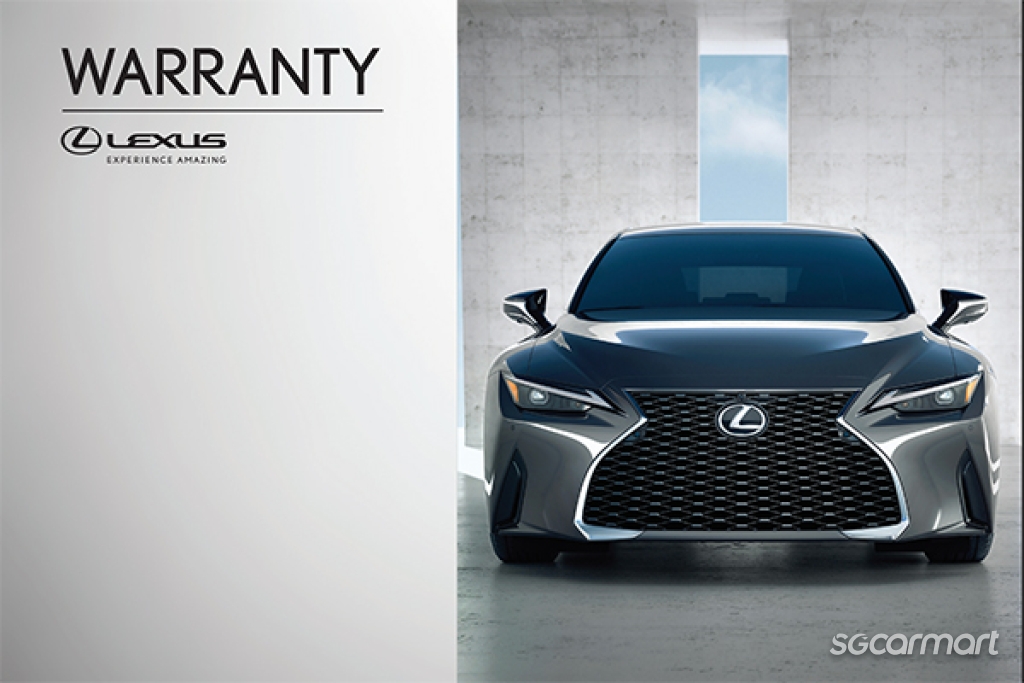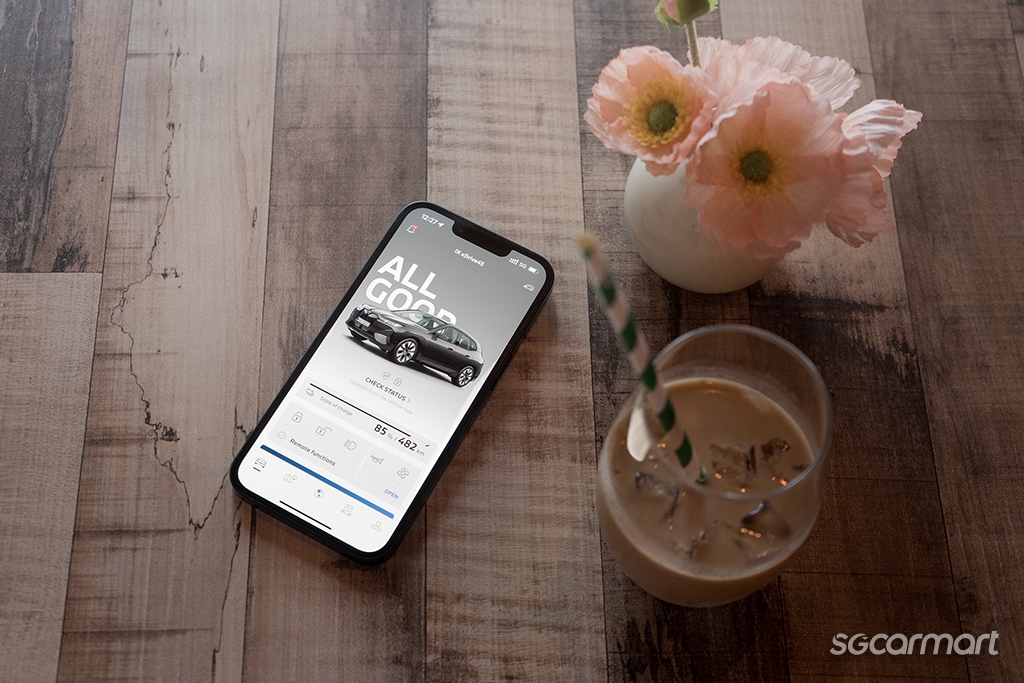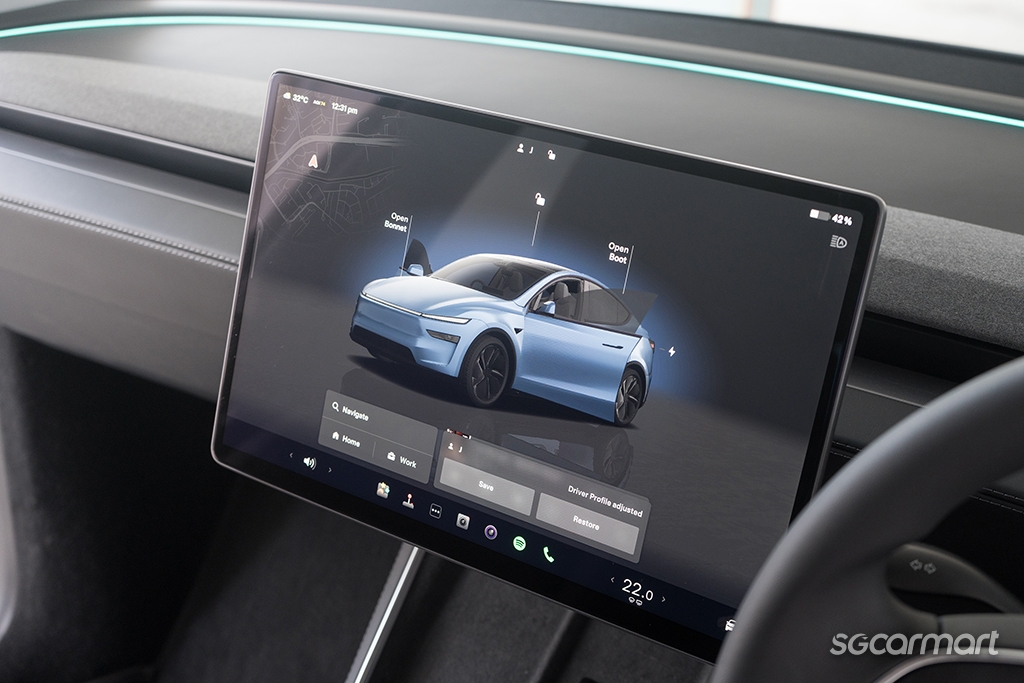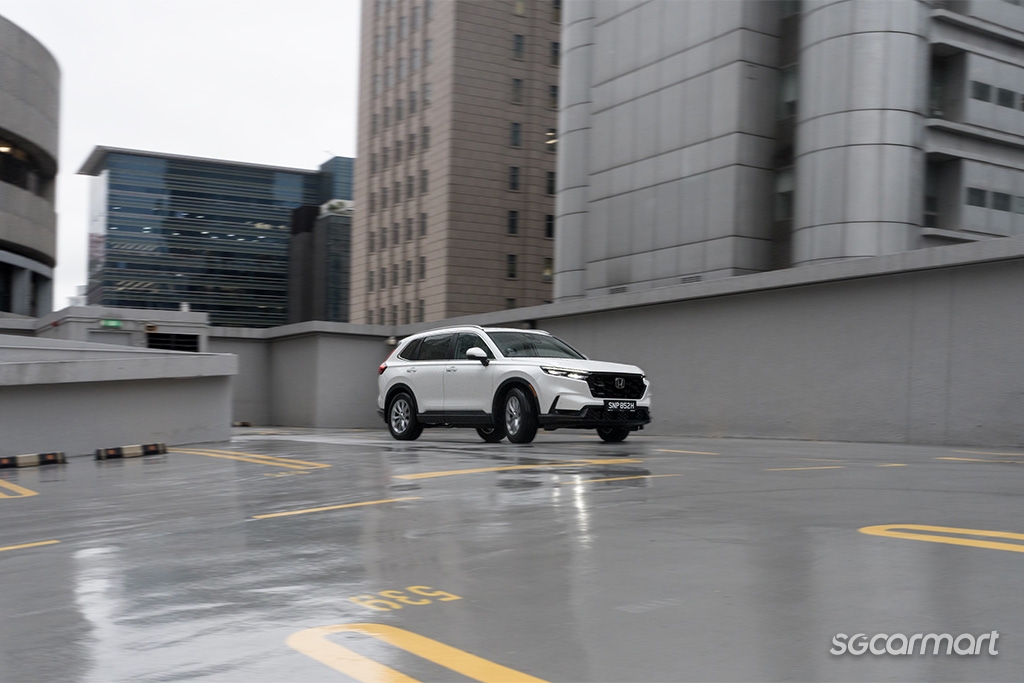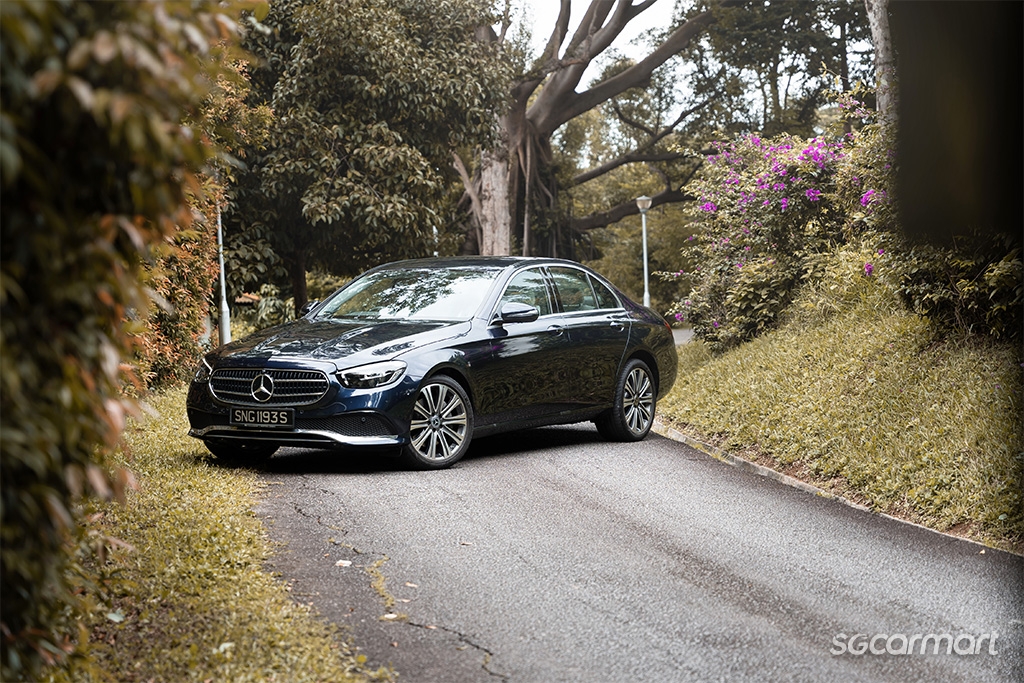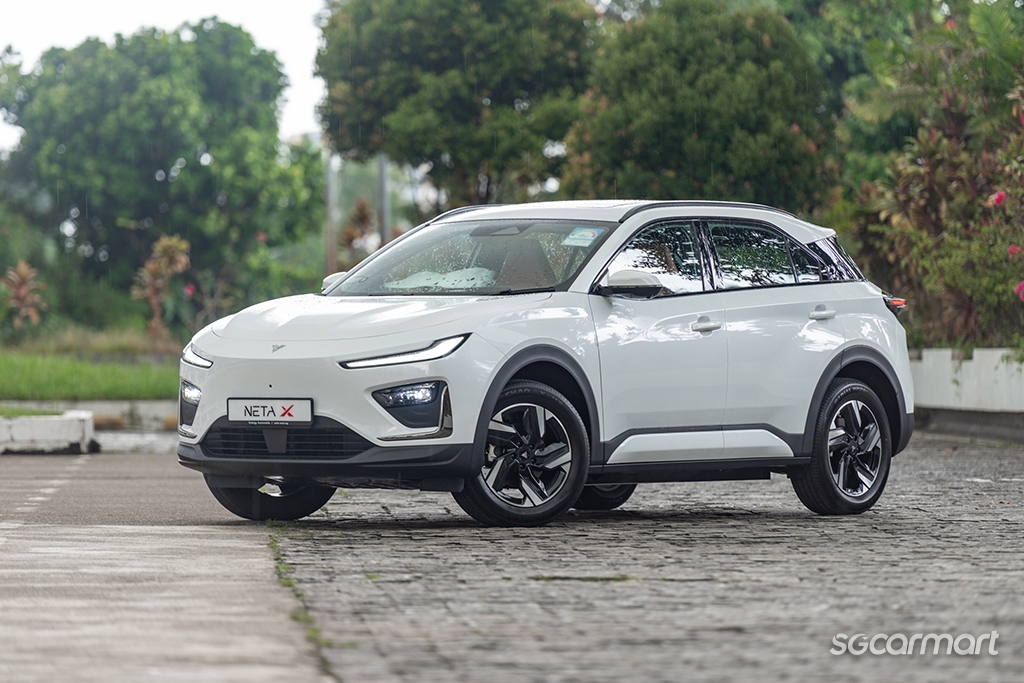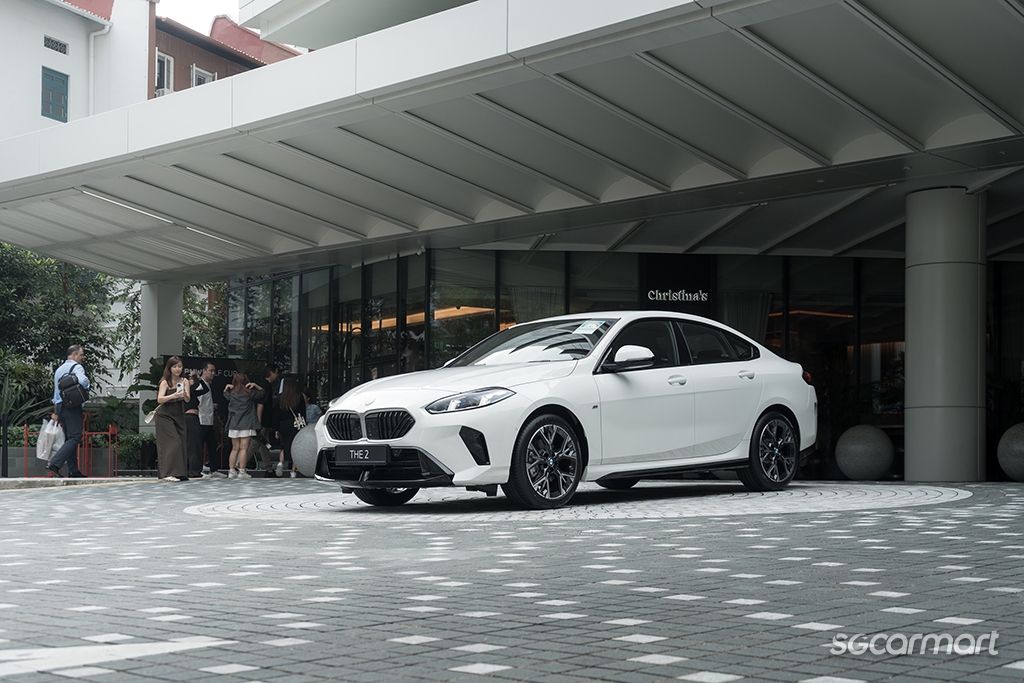Beyond the price tag: Factors to consider when car shopping
08 Aug 2025|1,579 views
Even without COEs hovering above six figures, buying a car in Singapore is always going to be a huge financial investment. Understandably, the price of a car becomes a major factor in any buyer's decision-making process (if not the most important factor).
Expectedly, many brands here will try to compete on price point. And let's be honest, this is nothing unique to the car market - competitive pricing strategies are part-and-parcel of any business landscape.
Especially given how expensive cars are in Singapore, it's fully understandable that pricing is front of mind for every shopper
For anyone shopping for a new car, the obvious decision-making step is to compare price lists and specification sheets for various choices within your budget (assuming you haven't already honed in a specific model/brand).
However, it is also prudent to consider that there's more to the price tag than simply the car that you will be driving home. Here, we point out seven other factors you should consider that may not be immediately evident in a car's price tag alone.
1. Aftersales experience
This is probably the single most important consideration that any buyer must take into account. After all, every car will require servicing - just a question of how often, and typically how much it costs.
The easy thing to evaluate is what's offered to you: The number/duration of complimentary servicing packages, and what that package includes. Most, if not all dealers should have an established aftersales pipeline.
It is prudent to talk to people who have past experience with the brand you are considering - whether it's friends, forums, or even on social media
Less easy to evaluate is the qualitative aspect: Servicing availability and turnaround time, and the quality of aftersales service. Here, you definitely want to talk to people who have prior experience with the brand, whether within your circle of friends or else on other platforms like forums or social media. One of the factors that may play into this is parts availability. Expectedly, more mass markets brands/models should have parts more readily available.
Pricing is impossible to fully pin down: While regular servicing should have an indicative pricing, your cost of maintenance will also fluctuate depending on the type of car, the reliability of the car, and if/when things go wrong.
2. Warranty
While most people think about car buying in terms of buying into a car brand, the reality is that in most cases your direct point of contact is the authorised dealer rather than the brand directly. And in most cases here in Singapore, the warranty that covers the car you purchase is offered (and thus guaranteed and fulfilled) by the dealer.
Not all warranties are made and offered equally. Warranties vary in terms of duration, as well as coverage. Be sure to look closely at the specific terms and conditions.
Brands offer a variety of ownership perks that range from events to special discounts at some merchants
3. Ownership benefits
Some brands also typically offer access to supplementary activities/benefits, often as part of a brand 'membership'. Audi, BMW and Mercedes-Benz all host golfing events and tournaments. Porsche offers benefits at Mandarin Oriental and Mandala Club.
Understandably, not everyone needs or wants these additional perks. Some people just want four wheels and a way to get around. But for drivers interested in the supplementary aspects of car ownership (or in many cases here brand ownership), it's worth exploring what each different brand offers.
4. Product updates
In this digital age, a range of cars can offer over-the-air (OTA) software updates, which can not only help update and improve existing features in the car, but sometimes even add new functionality. Of course, being OTA means that the update can be done seamlessly and conveniently - no need to bring your car to the workshop, or even to download the update into a USB device or SIM card.
BMW, BYD, Polestar, Tesla and Volvo are a few brands that have already rolled out several updates.
Shoppers who do not intend to drive their car for the full 10-year COE cycle should also consider the resale value of the car - some brands tend to hold value better
5. Resale value
This is perhaps harder to quantify, but different brands and different car make/models have varying 'perceived' resale value. In Singapore, we typically see that Toyota, Honda and Mercedes-Benz are the three brands that "hold value" best in the used market.
Conversely, buying a car from a newly established brand may have the inverse effect - it might be much harder to sell it in the future. Reputation matters, even if it ultimately is a matter of perception.
6. Brand/dealer longevity
Selling cars in Singapore is no easy business, and car brands have come and gone. The recent sudden exit of Neta is one example. Brands sometimes also change hands between distributors. It's worth considering the brand and/or dealer's longevity - especially also considering just how many new brands have entered Singapore in the past couple of years.
Expectedly, brands that have been well-established in Singapore will have a leg up here.
7. Choosing the dealer
In Singapore, most brands are carried by a single distributor/dealer, so brand and dealer effectively are one and the same. But, two brands are the exception: BYD and BMW.
BYD has a single distributor, but multiple dealers. Different dealers may deliver a slightly different buying experience (and potentially prices). After sales is offered at three of the dealers.
BMW has two distributors. In this circumstance, choosing one or the other can effectively lock you into that particular aftersales ecosystem.
Conclusion
When shopping around, it’s worth not simply comparing which car is the cheapest, or which brand is offering you the best discount. There are these other factors that you should take into account when deciding which is the right car for you. Be sure to ask your sales person about all these before making your final decision.
Even without COEs hovering above six figures, buying a car in Singapore is always going to be a huge financial investment. Understandably, the price of a car becomes a major factor in any buyer's decision-making process (if not the most important factor).
Expectedly, many brands here will try to compete on price point. And let's be honest, this is nothing unique to the car market - competitive pricing strategies are part-and-parcel of any business landscape.
Especially given how expensive cars are in Singapore, it's fully understandable that pricing is front of mind for every shopper
For anyone shopping for a new car, the obvious decision-making step is to compare price lists and specification sheets for various choices within your budget (assuming you haven't already honed in a specific model/brand).
However, it is also prudent to consider that there's more to the price tag than simply the car that you will be driving home. Here, we point out seven other factors you should consider that may not be immediately evident in a car's price tag alone.
1. Aftersales experience
This is probably the single most important consideration that any buyer must take into account. After all, every car will require servicing - just a question of how often, and typically how much it costs.
The easy thing to evaluate is what's offered to you: The number/duration of complimentary servicing packages, and what that package includes. Most, if not all dealers should have an established aftersales pipeline.
It is prudent to talk to people who have past experience with the brand you are considering - whether it's friends, forums, or even on social media
Less easy to evaluate is the qualitative aspect: Servicing availability and turnaround time, and the quality of aftersales service. Here, you definitely want to talk to people who have prior experience with the brand, whether within your circle of friends or else on other platforms like forums or social media. One of the factors that may play into this is parts availability. Expectedly, more mass markets brands/models should have parts more readily available.
Pricing is impossible to fully pin down: While regular servicing should have an indicative pricing, your cost of maintenance will also fluctuate depending on the type of car, the reliability of the car, and if/when things go wrong.
2. Warranty
While most people think about car buying in terms of buying into a car brand, the reality is that in most cases your direct point of contact is the authorised dealer rather than the brand directly. And in most cases here in Singapore, the warranty that covers the car you purchase is offered (and thus guaranteed and fulfilled) by the dealer.
Not all warranties are made and offered equally. Warranties vary in terms of duration, as well as coverage. Be sure to look closely at the specific terms and conditions.
Brands offer a variety of ownership perks that range from events to special discounts at some merchants
3. Ownership benefits
Some brands also typically offer access to supplementary activities/benefits, often as part of a brand 'membership'. Audi, BMW and Mercedes-Benz all host golfing events and tournaments. Porsche offers benefits at Mandarin Oriental and Mandala Club.
Understandably, not everyone needs or wants these additional perks. Some people just want four wheels and a way to get around. But for drivers interested in the supplementary aspects of car ownership (or in many cases here brand ownership), it's worth exploring what each different brand offers.
4. Product updates
In this digital age, a range of cars can offer over-the-air (OTA) software updates, which can not only help update and improve existing features in the car, but sometimes even add new functionality. Of course, being OTA means that the update can be done seamlessly and conveniently - no need to bring your car to the workshop, or even to download the update into a USB device or SIM card.
BMW, BYD, Polestar, Tesla and Volvo are a few brands that have already rolled out several updates.
Shoppers who do not intend to drive their car for the full 10-year COE cycle should also consider the resale value of the car - some brands tend to hold value better
5. Resale value
This is perhaps harder to quantify, but different brands and different car make/models have varying 'perceived' resale value. In Singapore, we typically see that Toyota, Honda and Mercedes-Benz are the three brands that "hold value" best in the used market.
Conversely, buying a car from a newly established brand may have the inverse effect - it might be much harder to sell it in the future. Reputation matters, even if it ultimately is a matter of perception.
6. Brand/dealer longevity
Selling cars in Singapore is no easy business, and car brands have come and gone. The recent sudden exit of Neta is one example. Brands sometimes also change hands between distributors. It's worth considering the brand and/or dealer's longevity - especially also considering just how many new brands have entered Singapore in the past couple of years.
Expectedly, brands that have been well-established in Singapore will have a leg up here.
7. Choosing the dealer
In Singapore, most brands are carried by a single distributor/dealer, so brand and dealer effectively are one and the same. But, two brands are the exception: BYD and BMW.
BYD has a single distributor, but multiple dealers. Different dealers may deliver a slightly different buying experience (and potentially prices). After sales is offered at three of the dealers.
BMW has two distributors. In this circumstance, choosing one or the other can effectively lock you into that particular aftersales ecosystem.
Conclusion
When shopping around, it’s worth not simply comparing which car is the cheapest, or which brand is offering you the best discount. There are these other factors that you should take into account when deciding which is the right car for you. Be sure to ask your sales person about all these before making your final decision.
















